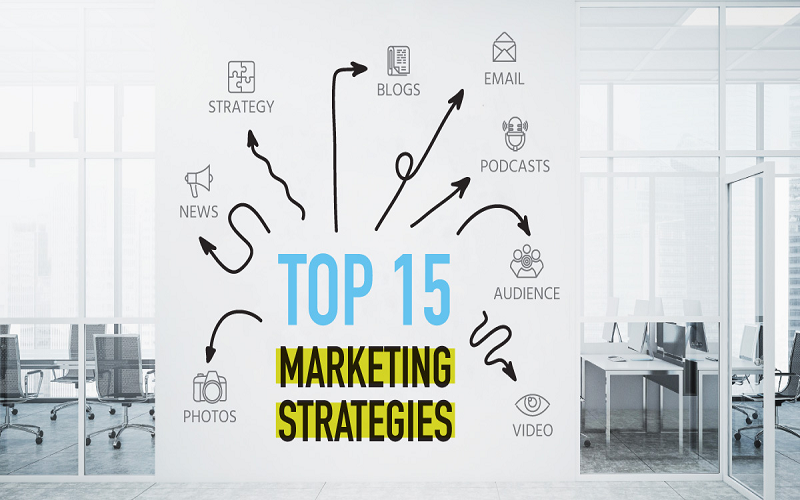Every organization benefits from a customized approach to search engine optimization (SEO). There is no universal strategy for SEO; the optimal approach depends on the specific needs of your target audience.
One of the most crucial distinctions in marketing? B2B vs. B2C. These categories shape how campaigns are structured, from goal-setting to conversion and retention. Read on to understand how these marketing segments differ and how to tailor your efforts accordingly.
B2B vs. B2C: An Overview
To begin, let’s clarify the differences between B2B (business-to-business) and B2C (business-to-customer) organizations.
- B2B: Involves transactions between businesses, often focusing on services or relationships between manufacturers and wholesalers.
- B2C: Involves transactions where individual customers purchase goods or services directly online.
Key distinctions include the nature of the clientele: B2B marketing targets fewer, higher-value clients with longer decision-making processes, while B2C targets a larger audience with more immediate purchasing decisions.
Despite these differences, the core marketing goals for both B2B and B2C remain the same: attract leads and demonstrate how your products or services can address their needs.
SEO Implications for B2B and B2C
Both B2B and B2C brands rely on search engines for visibility and to drive quality traffic to their websites. Both aim for high rankings to attract attention and prompt action from leads.
However, their strategies vary based on the type of clientele they target. Key differences include:
Logic vs. Impulse-Driven Decisions
- B2C Audiences: Tend to be impulse-driven, making brand awareness and a seamless purchasing process crucial. Emotional connection is key, achieved through compelling content and influencer marketing.
- B2B Audiences: Are methodical and require extensive nurturing for conversions. A single B2B conversion can lead to long-term relationships, making each conversion highly significant.
Personalization and Segmentation
- B2B Campaigns: Require a high degree of personalization for niche audiences. Effective strategies include curated email campaigns and account-based marketing, targeting a few high-value accounts.
- B2C Campaigns: While personalization is beneficial, it’s not as critical as in B2B. B2C messaging must resonate with a broader audience, though segmentation based on demographics or lifestyles can still enhance effectiveness.
Focus on Metrics
- B2B Metrics: Emphasize lead generation and conversion, with key metrics including qualified leads and cost per acquisition.
- B2C Metrics: Focus on brand awareness and loyalty, measured through website traffic and social engagement.
Crafting Successful B2B and B2C Campaigns
Every marketing initiative should be designed around the specific needs and preferences of the target audience. Understanding the differences between B2B and B2C marketing can help create more impactful campaigns that resonate with leads and drive conversions. Embrace these differences to forge stronger connections with high-quality leads and achieve sustained success.
Author bio: Aaron Wittersheim is Chief Operating Officer at Straight North, a digital marketing company offering SEO for dental practices. He helped startups, middle-market, and Fortune 500 companies improve organizational structure and grow through his expertise in process conception, task automation, technology, and internal project management.

